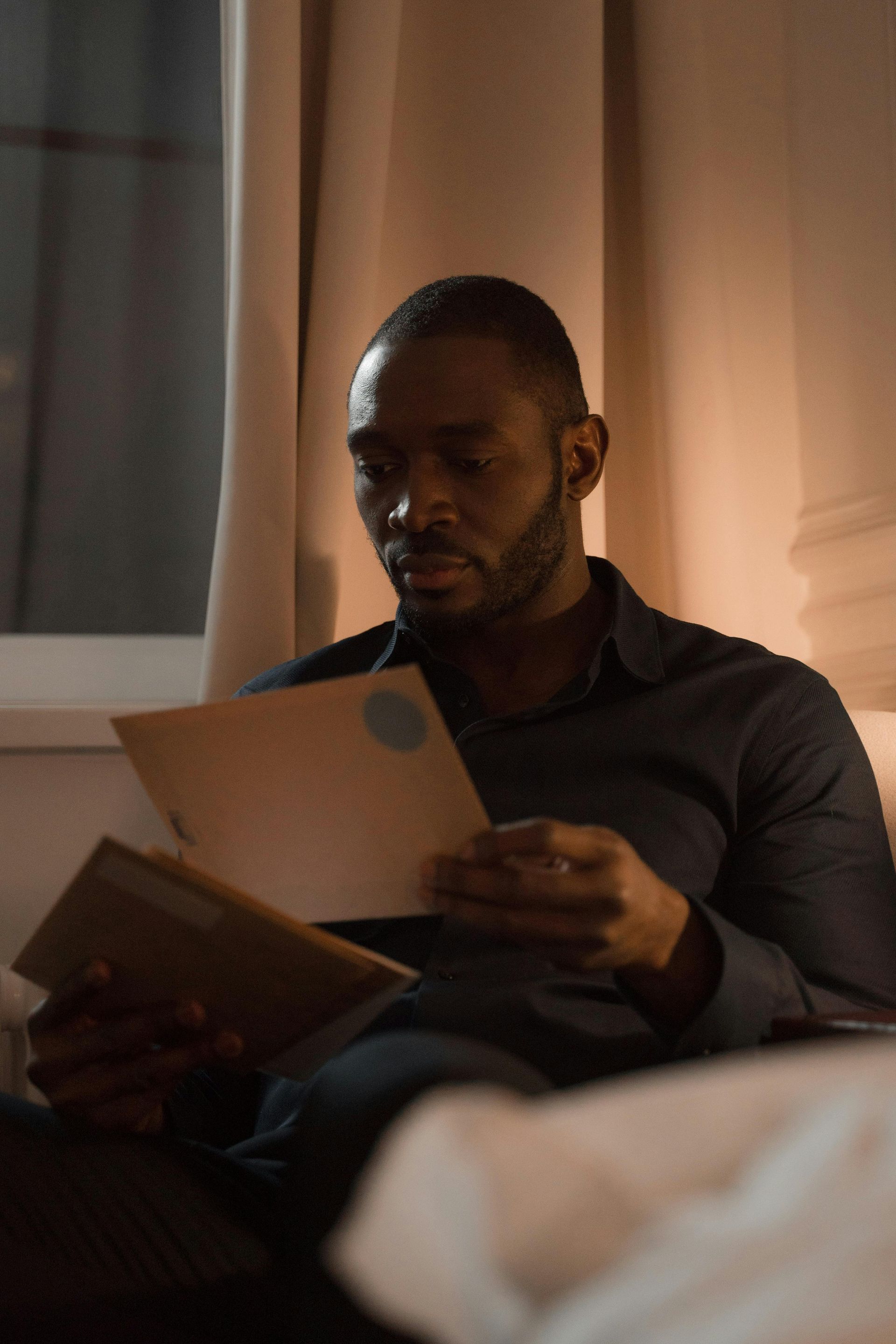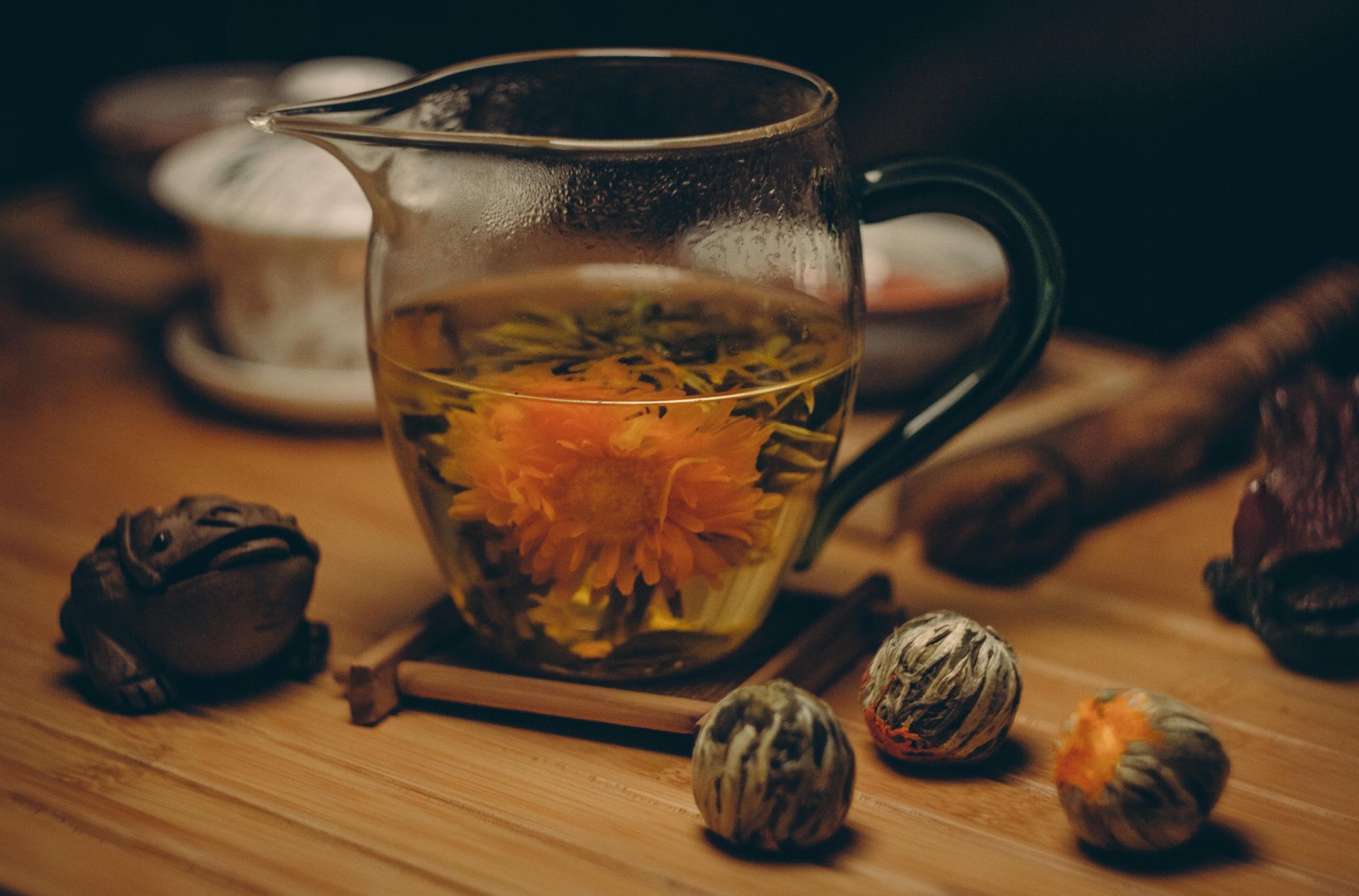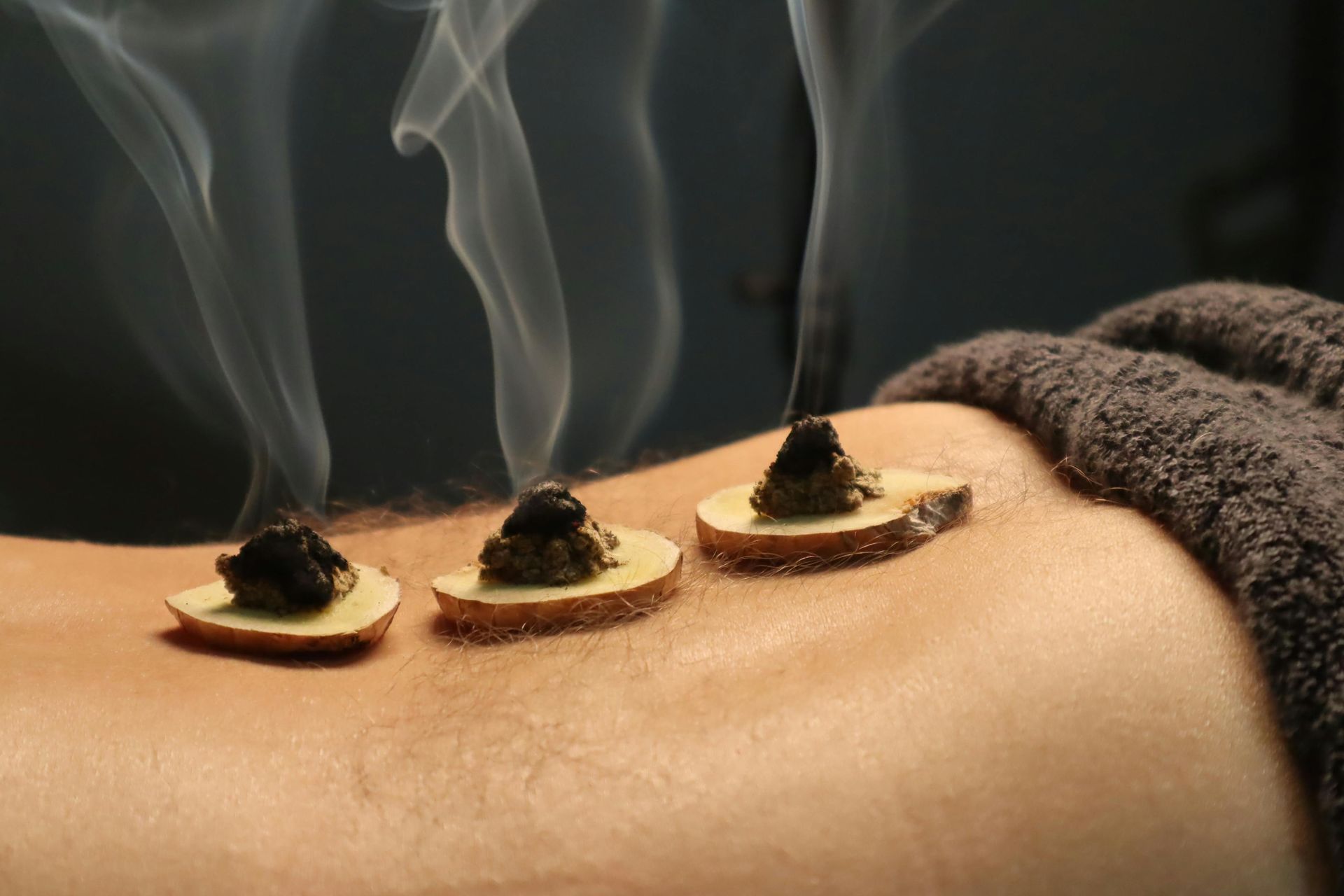When the Body Speaks, Listen
On Movement, Medicine & Self-Advocacy

There are seasons when survival feels like the only rhythm we know. When caregiving, schooling, healing, showing up, and still reaching toward the version of yourself you’re becoming… feels like too much to carry.
And in those seasons, the body becomes the first messenger.
A tight chest. The way sleep won’t hold. The grief you haven’t had space to name.
For me, it often starts in the shoulders, carrying the weight of all I’ve yet to say, all I’ve tried to hold together.
But what I’ve learned, and what I keep re-learning, is this:
Movement is medicine. Not just in the poetic, affirmational sense. But in the scientific, cellular, spirit-wired truth. Movement is how we metabolize what we can’t language. It’s how we make space again.
And not just structured movement.
Not just the polished yoga class or the curated playlist on your best day.
But also the stretching on the floor between back-to-back study sessions.
The shaking in grief after a hard conversation.
The breath in the mirror that reminds you; you’re still here.
Advocacy Begins in the Body
We talk a lot about self-advocacy in clinical settings, and we should.
But long before the paperwork, the emails, the policies, or the support groups, we have to advocate for ourselves inside our own nervous systems.
We have to believe we are worth the ask.
Worth the time. The support. The room to rest.
As a caregiver and as a patient, I’ve sat in rooms where I wasn’t heard.
I’ve had to speak calmly when I wanted to cry.
I’ve asked for support and felt the echo of silence.
And yet, self-advocacy isn’t just about demanding care.
It’s about remembering that you deserve it.
The Truth About Acquiring Resources
Let’s be honest, it’s hard.
Whether you’re trying to find financial aid, disability accommodations, community resources, or even just a ride to an appointment, systems aren’t often built with our complexity in mind.
So what do we do?
We get creative. We get strategic. We get tender.
You learn to write the email.
You learn to ask the question twice, with clarity and calm.
You learn to find people who want to help, and you remember:
Support is a skill you get to practice receiving.
Hard Conversations & Loving Boundaries
Talking to family about burnout, asking for space, or naming emotional fatigue can be some of the hardest medicine to swallow, for them and for you. Especially in Black and Brown communities where survival often leaves no room for pause.
But here’s what I’ve learned through caregiving, clinical work, and my own healing:
- Telling the truth is a form of care.
- Telling someone, “I’m not okay”
- Telling yourself, “I need to rest.”
- Telling your team, “I’m maxed out.”
These aren’t failures.
They’re instructions to your environment:
Meet me where I am.
Curate an Environment That Conspires in Your Favor
Healing is relational.
You can’t bloom in concrete. You can’t thrive in a space that only asks you to perform.
Whether you’re in school, caring for others, building a brand, or recovering from burnout, your environment must nourish the version of you you’re becoming.
That means:
- Removing what feels extractive
- Naming what no longer fits
- Calling in people who remind you to rest, eat, move, be
You’re allowed to create softness around your goals.
You’re allowed to build a life that says yes to your nervous system.
You’re allowed to evolve your standards for peace.
Final Sip
Movement is medicine.
But so is stillness. So is truth-telling. So is receiving support.
You’re not too much.
You’re not behind.
You’re not asking for too much when you ask for your life to feel like it belongs to you.
And you don’t have to do it alone.
Let’s keep choosing ourselves, over and over again, until it becomes second nature.
—
With breath,
Rodney Garrick Jr.
Naturopathic Student | Acupuncture Apprentice | Founder, Black Mango Wellness
Curator of sacred spaces, daily rituals, and quiet revolutions.
Elev8d Essence: The Balance Blueprint




